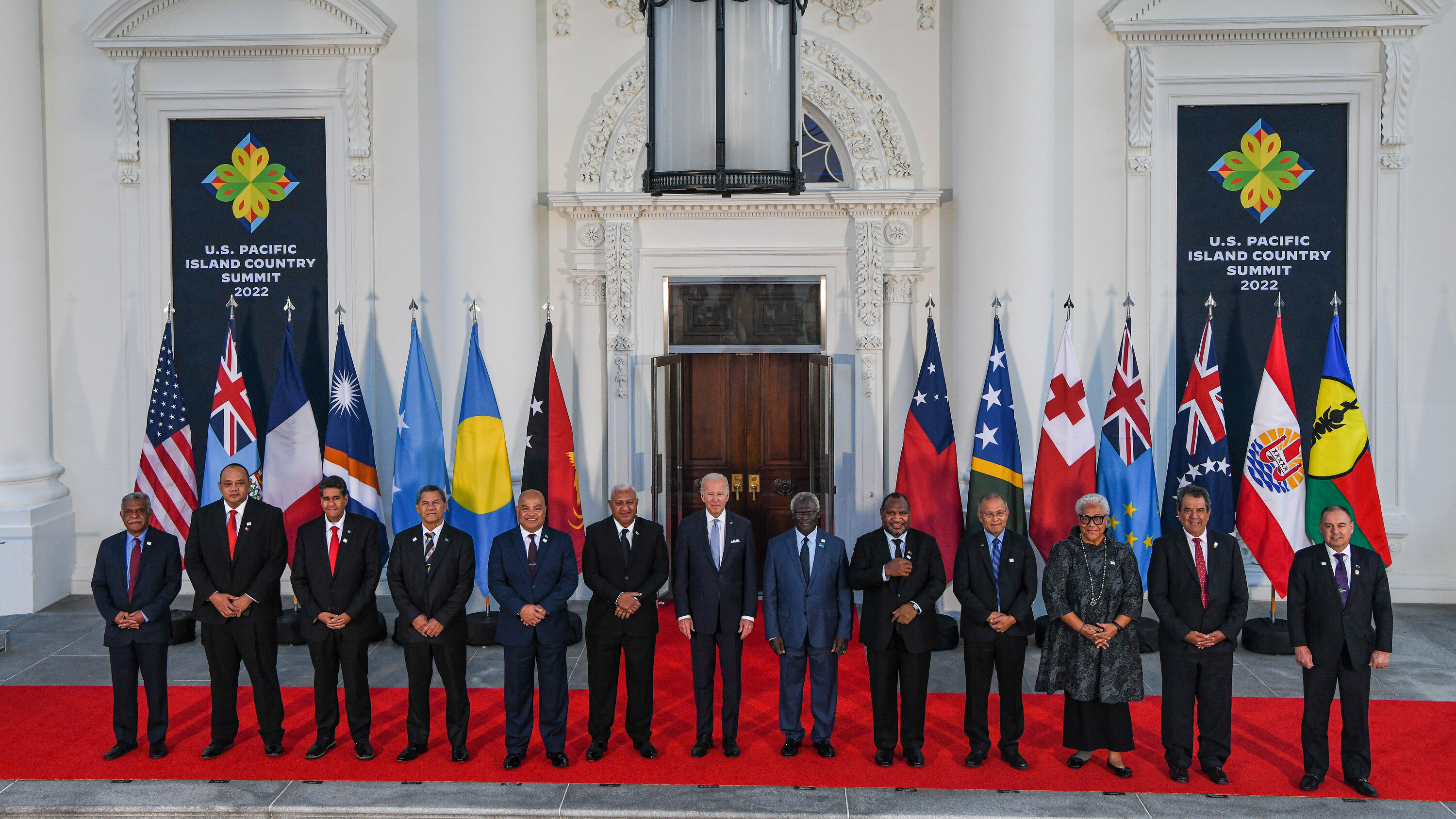Harvard Funding Under Threat: Trump's Push For Vocational Education

Table of Contents
Reduced Federal Funding for Research
A primary concern stemming from the increased focus on vocational education is the potential for decreased federal funding for basic and applied research at universities like Harvard. This shift in funding priorities could severely impact the university's ability to conduct groundbreaking research.
-
Cuts to NIH and NSF Grants: The National Institutes of Health (NIH) and the National Science Foundation (NSF) are major sources of research funding for Harvard. Reductions in these grants, which are vital for supporting a vast array of research projects, could have devastating consequences. Harvard's leading-edge research in areas such as medicine, engineering, and the humanities relies heavily on these grants. Any significant cuts would directly translate to fewer research projects, smaller research teams, and a slower pace of scientific discovery.
-
Impact on Specific Research Programs: Consider the potential impact on Harvard's renowned stem cell research, its cutting-edge work in artificial intelligence, or its extensive studies in climate change. Each of these fields requires substantial and sustained funding for equipment, personnel, and ongoing research. Funding reductions could force these programs to scale back their ambitious goals, potentially halting progress in crucial areas.
-
Attracting and Retaining Top Researchers: The availability of research funding is a major factor in attracting and retaining top researchers. If Harvard is unable to offer competitive research grants and resources, it may struggle to compete with other leading universities worldwide, potentially leading to a brain drain of top talent. This would weaken its position as a global leader in research and innovation.
Shift in Student Financial Aid Priorities
The Trump administration's focus on vocational education could also significantly impact student financial aid, creating further challenges for Harvard and other elite universities.
-
Reduced Funding for Scholarships: A shift toward vocational training might lead to reduced funding for need-based and merit-based scholarships at Harvard. This could disproportionately affect low-income students who rely on financial aid to access a Harvard education, potentially making higher education inaccessible for a significant portion of the population.
-
Increased Tuition Fees: Decreased federal funding for financial aid could force Harvard to increase tuition fees to compensate for the loss of revenue. This would further exacerbate the already significant financial burden placed on students and their families, potentially deterring qualified applicants from applying.
-
Impact on Affordable Education: The very notion of affordable higher education could be jeopardized. Reducing funding for higher education generally makes attending a prestigious university like Harvard a privilege restricted primarily to wealthier students.
Impact on Endowment and Private Donations
Harvard's substantial endowment and its ability to attract private donations are also at risk. The shift towards vocational education could impact the university's fundraising efforts in several ways.
-
Shifting Philanthropic Priorities: Potential donors might shift their philanthropic priorities towards institutions focusing on vocational training, seeing this as a more impactful area for investment. This could result in a decrease in donations to Harvard, impacting its ability to fund research, scholarships, and other essential programs.
-
Long-Term Financial Stability: A decrease in both federal funding and private donations could put Harvard's long-term financial stability at risk. The university may be forced to make difficult choices about which programs to cut, potentially affecting its ability to maintain its position as a leading global institution.
The Broader Implications for Higher Education
The potential threats to Harvard's funding represent a broader trend with far-reaching implications for the entire higher education system.
-
Funding Models Under Pressure: The current funding models for higher education are under immense pressure. The emphasis on vocational training challenges the traditional model of higher education, which places a significant emphasis on research and liberal arts.
-
Impact on Public and Private Universities: Both public and private universities could experience the effects of reduced federal funding and shifting philanthropic priorities. The availability and affordability of higher education could be severely compromised, potentially leading to a decline in overall educational attainment.
-
Future of Higher Education: The long-term consequences for the future of higher education are uncertain. A continued shift towards vocational training could lead to a less diverse and less accessible higher education system, potentially hindering innovation and economic growth.
Conclusion
The Trump administration's push for vocational education poses significant threats to Harvard's funding, impacting research, financial aid, and endowment resources. These challenges have broader implications for higher education, affecting both public and private institutions and potentially jeopardizing the availability and affordability of higher education. Understanding the potential threats to Harvard funding and other elite universities is crucial for informed advocacy and the preservation of diverse educational opportunities. Stay informed about the ongoing debate surrounding Harvard funding and other institutions to ensure the continued success of higher education in the face of these challenges. Support for a balanced approach to funding higher education is vital to safeguarding the future of institutions like Harvard and ensuring equal access to a high-quality education for all.

Featured Posts
-
 Presentation Du Samsung Galaxy S25 128 Go Specifications Et Prix
May 28, 2025
Presentation Du Samsung Galaxy S25 128 Go Specifications Et Prix
May 28, 2025 -
 The Ryan Reynolds Justin Baldoni Dispute A Lawyer Weighs In
May 28, 2025
The Ryan Reynolds Justin Baldoni Dispute A Lawyer Weighs In
May 28, 2025 -
 Rent Freeze Expiration Impact On Tenant Living Conditions
May 28, 2025
Rent Freeze Expiration Impact On Tenant Living Conditions
May 28, 2025 -
 Man United Summer Transfer Target Rayan Cherki
May 28, 2025
Man United Summer Transfer Target Rayan Cherki
May 28, 2025 -
 Countering Chinas Naval Growth The Role Of U S Missile Systems
May 28, 2025
Countering Chinas Naval Growth The Role Of U S Missile Systems
May 28, 2025
